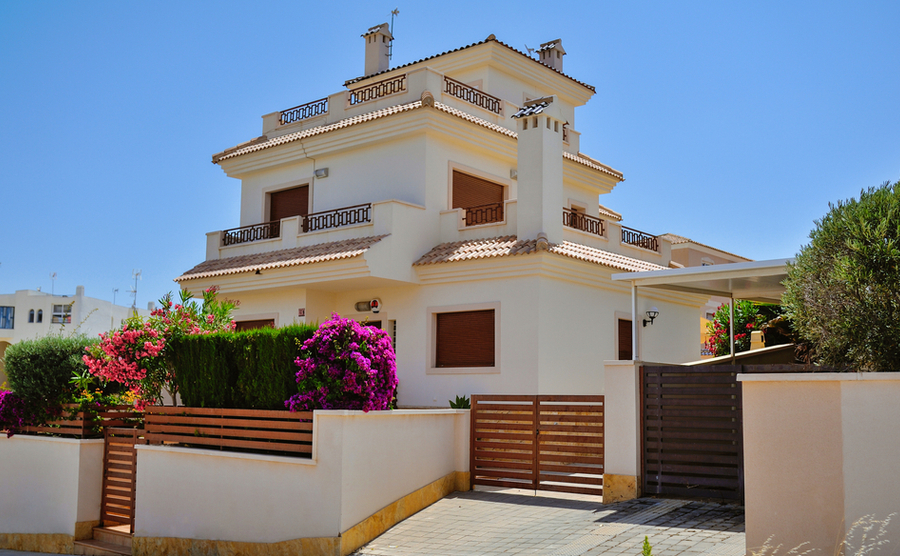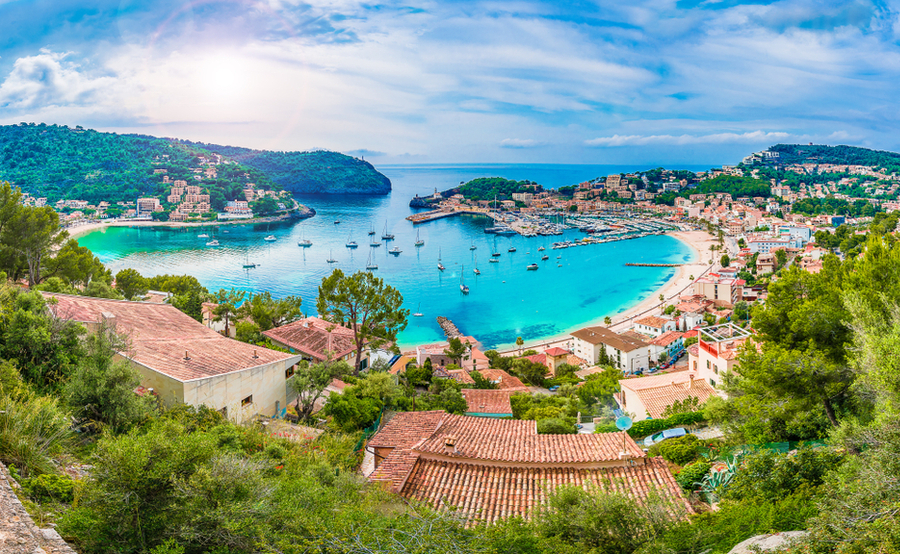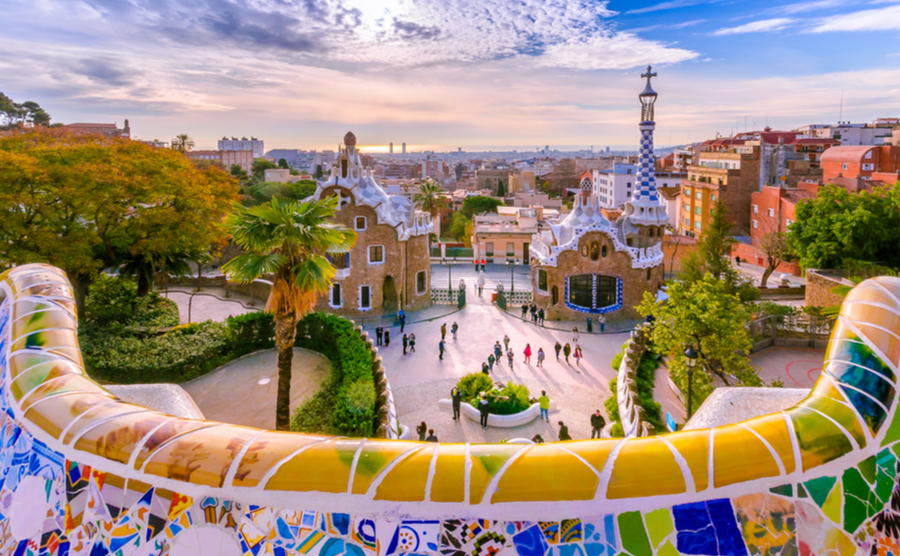Temperatures have been especially sizzling on the Costas this year, but can we say the same for property there? To keep you in tune with things, we highlight some recent headline stats from the Spanish market…
Find homes in Spain via our property portal.
Price index still rising
The value of Spanish property continues to creep up during 2023. According to the latest House Price Index by Spain’s National Statistics Institute’s (INE), during the second quarter of this year the annual price variation rate was 3.6 per cent compared to 2022, and 2.1 per cent compared to the first quarter of 2023. New-build prices jumped 7.7 per cent during the year next to resale’s 2.9 per cent rise. Expat hot spots the Canary Islands and Andalusia, home to the Costa del Sol, performed higher than the national average (3.6 per cent), with both recording 4.5 per cent. Murcia, which is increasingly popular with foreign owners, had the lowest annual rise of 1.4 per cent.
End of post-pandemic boom?
In terms of the number of properties being sold, the latest figures from the Spanish Notaries Association show a 14 per cent drop for both June and the second quarter this year compared to 2022. This should not be cause for concern though. Both last year and 2021 saw especially strong demand, due to the explosion of pent-up demand and a post-pandemic rush. In fact, sales volumes this year are still above typical pre-pandemic levels.
Big bucks in the Balearics!
Average asking prices in Spain are just over €2,000/sqm, report two of Spain’s most prominent property portals. Idealista records them as €2,003/sqm in its August report, which is a 7.2 per cent hike compared to last year, while Pisos.com shows them growing 6.8 per cent annually to reach €2,084/sqm (resale only). Both rank the Balearic Islands, which includes Mallorca, Menorca, Ibiza and Formentera, as the priciest Spanish province (and autonomous region), with average values now around €4,000-€4,150/sqm.
Across the board, areas that are popular with foreign homeowners are seeing the highest value rises, which is hardly surprising! According to Pisos.com, in August the largest annual jump by province occurred in expat favourite Málaga, home to Marbella and other famous Costa del Sol resorts, where average prices were up 17.9 per cent. The Balearics weren’t far behind with growth of 16.8 per cent, followed by Santa Cruz de Tenerife (16.2 per cent) in Spain’s other tourist-fuelled archipelago the Canaries.
Summers in the city?
Fancy a slice of Spanish city living? As usual, location will determine your spending power. Based on portals’ statistics, the most expensive provincial cities to go house-hunting are Donostia-San Sebastián, where average asking prices are €5,000-€6,000/sqm, followed by Barcelona and Madrid (€4,000-€4,800sqm), Palma de Mallorca (€3,800-€4,300sqm) and Bilbao (€3,100-€3,600sqm). By contrast, head inland for a more traditional existence and you can own an exciting urban home for a lot less – the five best-value cities are Jaén, Zamora, Lleida, Murcia and Ciudad Real, where average prices in each is between €1,100-€1,300sqm.
Brits still on top – just!
The British remain the biggest single group of foreign buyers in Spain, but they’re losing ground to other nationalities. Brits’ share of the foreign market fell to 16.3 per cent in the second quarter, according to the Spanish Land Registrars’ Association (this figure falls to a record low of 8.8 per cent when using more inclusive data that includes nationalities with less significant sales numbers). The ongoing fall-out of Brexit, tougher economic conditions in the UK and historically weak exchange rate could all be contributing to the decline. The Germans now have a 13.4 per cent share, followed by French (12.2 per cent), Italy (9.7 per cent), Belgians (9.4 per cent), Dutch (8.6 per cent) and Polish (7.3 per cent). Overall, foreign demand for Spanish property for the period was five per cent down year-on-year. But compared to pre-pandemic years it was still a very busy quarter.
Expat hot spots
Do you prefer more cosmopolitan communities, where you can live with other foreign homeowners as well as Spaniards? Then you’re most likely to find your ideal Spanish home in the Valencia Region, the Spanish region that attracts the highest number of overseas property-owners. Home to the hugely popular Costa Blanca and cities of Valencia and Alicante, Valencia commands 36 per cent of Spain’s foreign market. Next is Andalusia (Costa del Sol, Almería and Costa del la Luz), then Catalonia (Barcelona, Costa Brava and Costa Dorada), the Canary Islands (Tenerife, Lanzarote, Gran Canaria, Fuerteventura), Murcia (Costa Cálida, Mar Menor), Madrid and the Balearic Islands.
Booming tourist numbers
Spain welcomed a record-breaking 10.1 million visitors in July 2023, according to the country’s National Statistics Institute (INE). Visitor numbers were up 11.4 per cent compared with July 2022, while tourist spending was up by 16.4 per cent. The figures mean that 47.6 million foreign tourists have now visited Spain so far in 2023, with combined spending of nearly €60 billion. This is good news for anyone planning to rent out their property to holidaymakers – by carefully in the right location and occupancy levels should be high.
You might also like:















